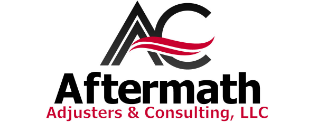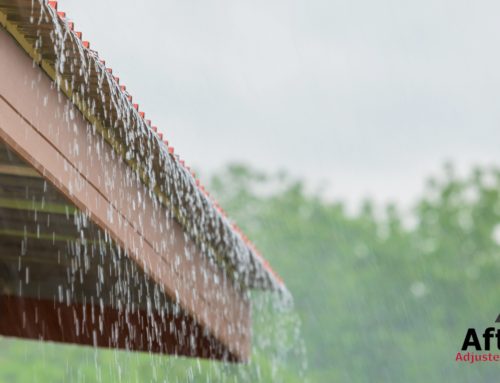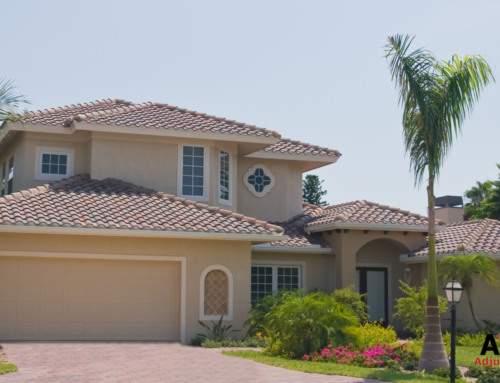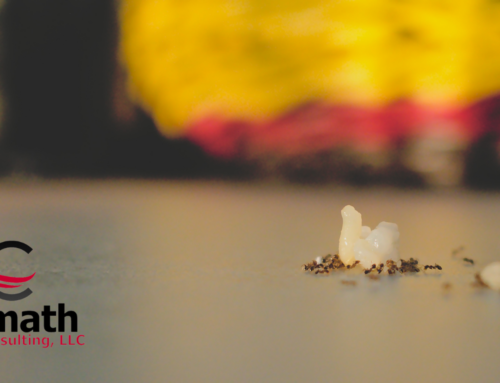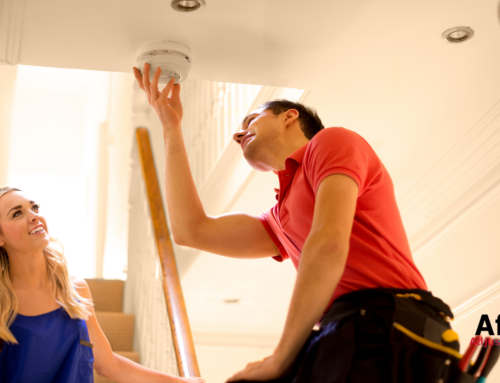Most homeowners policies cover plumbing damage caused by burst pipes or other malfunctions. However, there are some types of plumbing damage that do not qualify as covered perils. Generally speaking, your insurance policy does not cover damage due to normal wear and tear or gradual leaks. Here are a few things you should know.
Assessment by Insurance Adjuster
When you file a claim for plumbing damage, your insurance company sends an adjuster to your home. The purpose of the inspection is to determine the cause of the issue and the cost to repair it.
To determine the cause, the adjuster will look at:
- The location and source of the damage
- Whether a leak – new or old – caused the damage
- Signs of deterioration and wear – for example, rust is a signal that a leak is likely in the future
- Signs of wear and tear or old age
The adjuster then determines if you could have prevented the water damage. For instance, should you have replaced the water heater before it burst? Were there obvious signs of leaking that you ignored? If the adjuster believes that you could have prevented the issue, coverage could be denied.
Here are the main reasons for denial.
Lack of Maintenance
If the insurance company believes that you did not carry out routine maintenance, they have the right to deny your claim. In fact, anything you do that makes you responsible for the damage is not covered. For example:
- Frozen pipes that burst because you turned off the heat while on vacation
- Ignoring minor leaks
- Failing to replace the water heater after its life expectancy had expired
Sewage Backup
A flooded or backed-up sewage system is not covered under standard homeowners insurance policies. This is true even if the sewage system failure overloads your plumbing system. However, most insurance companies offer a rider for sewer or water backup.
Flood Damage
Flood damage occurs from water outside the home rising high enough to enter the house or to overload the plumbing. This can happen during:
- Heavy rain during a thunderstorm
- Hurricane
- Overflowing creek, river, lake, or other body of water
- High tidal waters
- Snowmelt
To purchase flood insurance, find an insurer that participates in the National Flood Insurance Program.
If your claim has been denied as flood damage, but you believe it to be water damage, consider calling a public adjuster, like Aftermath Adjusters & Consulting. The difference between these two types of damage is not always clear, and you may need help making your case.
Mold Damage
Most policies exclude mold damage unless the mold is a direct result from a covered peril. However, even if covered, most mold damage has a reimbursement limit that is far below the average cost of a mold claim.
Florida is prone to mold due to the humidity. Therefore, you may wish to obtain a rider for mold coverage. Additionally, you should carefully monitor areas with common mold growth, such as:
- Any rooms partially or fully below ground
- Rooms with running water such as bathrooms, kitchens, and laundry rooms
- Garages
- Crawl spaces
Understanding what your homeowners insurance covers and what it doesn’t allows you to determine what riders you feel are necessary for your home. If you have questions surrounding your coverage or have a denied water damage claim, give Aftermath Adjusters & Consulting a call. We have the expertise needed to help you.
